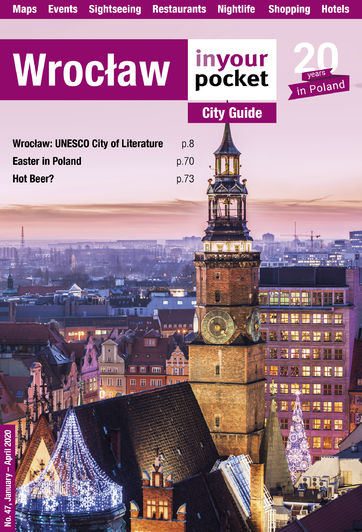Football in Wrocław
more than a year agoPoland as a national side has finished 3rd in 2 World Cups and the older fans among you will remember the likes of Grzegorz Lato (Golden Boot winner at the West German World Cup of 1974), Kazimierz Deyna and Zbigniew Boniek (one half of the great Juventus midfield pairing with Michel Platini). Poles are big fans of the game, but the current state of football in this country is depressing.
The national side has been in turmoil since before Leo Beenhakker, the experienced Dutch trainer who had managed to get Poland to their first ever Euro Champs in 2008, was fired live on the pitch after Poland went out of World Cup qualifying in Slovenia. A series of defeats, poor performances and lack of new talent have seen the Poles sent out of the first round of most major tournaments, even when they're playing host (as they did in Euro 2012).
At club level things are even worse if that is possible. With the national side typically recruiting from the limited number of players plying their trade in foreign leagues, Polish clubs are even worse off. Their standing in European competition is a disgrace with their last representatives in the group stage of the Champions League being Widzew Lodz in 1996.
The 2010/2011 season saw all bar one Polish entry in Europe out by the end of August to the might of clubs such as Austria Vienna, Aris Salonika and Qarabag of Azerbaijan. In summary the league is poor, corruption has been rife (currently over 70 people have been arrested included club officials and refs) and attendances are low.
Wroclaw does boast a side in the top division – the Ekstraklasa – Śląsk Wrocław. Like many of the city’s institutions the history of Śląsk Wrocław dates to post World War II although a football club can be traced in the city back to 1897 when SV Blitz Breslau was formed by members of a local cycling club. SV Blitz Breslau went onto become one of the founder members of the German Football Association in 1900. The original club first split into two in 1901 before mutating into different clubs over the next 30 years. The various strands were only reunited once again in 1934 under the name VfR Schlesien 1897 Breslau although like much of German Breslau this was lost in the aftermath of WWII when German Breslau became Polish Wrocław.
WKS Śląsk Wrocław (WKS denoting Army Sports Club) was born out of the merger of the football teams of two local military schools in 1947. One league championship in 1977 and Polish cup victories in 1976 an 1987 are all the club has to show for its 60 plus year history, but that is not to do the club down. While the nineties saw the club split from the army and come under the wing of the local city government it also saw a drastic dip in fortunes with the club spending many years out of the top flight. However since 2007 Śląsk Wrocław have established themselves back in the top division and recent seasons have seen consolidation of their place in the Ekstraklasa.
One thing to be aware of in Polish football is the peculiar allegiances that exist between supporters of different teams and more importantly the animosity amongst others. When two ‘friends’ are playing each other expect a cheery atmosphere, barbecue and beer being provided by the hosts, and the distinct lack of uniformed police and security. If, however, enemies are playing each other, expect baton wielding, armoured police and scenes from Braveheart. Complete lunacy. For the record Śląsk Wrocław are big friends with Lechia Gdańsk and Wisła Kraków, a formation the fans like to call the Three Crowns based on their insignia. While we do not suggest you avoid Polish football matches, we do recommend that you take a little extra care than you might at a game in western Europe.



Comments